[Anchor]
A couple found a house and moved in through a second-hand trading app, but the person they contracted with was not the actual homeowner.
You need to be careful to avoid such incidents when signing real estate contracts.
Reporter Kim Jeong-dae has the story.
[Report]
Mr. Jang and his wife looked for a house to move into using a second-hand trading app that is convenient and cost-effective.
After viewing suitable listings, they proceeded with a direct transaction.
The homeowner, who was in another region, said it was difficult to meet in person and provided the door access code.
After touring the house, Mr. Jang liked it, and the homeowner introduced a certified real estate agent and signed an electronic contract remotely.
Mr. Jang and his wife transferred about 20 million won, including the deposit, to the homeowner and completed their move.
However, after losing contact with the homeowner, they were able to reach out again through the management office, only to find out that the person who signed the contract was not the actual homeowner.
[Jang ○○/Fraud Victim: "That person, the actual homeowner, said, 'What are you talking about? I am Choi00, and I am the owner of the 00 Mansion.' For an hour, I really couldn't do anything."]
Both the registered homeowner on the app and the real estate agent they dealt with were fake.
The police determined that someone had figured out the door access code for the listed house and committed fraud by targeting the vacant property.
The lax verification process for property ownership on second-hand trading apps was also exploited.
[Park Tae-ho/Real Estate Agent: "There is a system that encourages identity verification, but even without identity verification, (real estate) ads can still be posted."]
The Ministry of Land, Infrastructure and Transport notified platform companies to establish a procedure to verify the relationship between advertisers and property owners earlier this year, but it has been pointed out that it remains at a recommendation level, which has its limitations.
This is KBS News, Kim Jeong-dae.
A couple found a house and moved in through a second-hand trading app, but the person they contracted with was not the actual homeowner.
You need to be careful to avoid such incidents when signing real estate contracts.
Reporter Kim Jeong-dae has the story.
[Report]
Mr. Jang and his wife looked for a house to move into using a second-hand trading app that is convenient and cost-effective.
After viewing suitable listings, they proceeded with a direct transaction.
The homeowner, who was in another region, said it was difficult to meet in person and provided the door access code.
After touring the house, Mr. Jang liked it, and the homeowner introduced a certified real estate agent and signed an electronic contract remotely.
Mr. Jang and his wife transferred about 20 million won, including the deposit, to the homeowner and completed their move.
However, after losing contact with the homeowner, they were able to reach out again through the management office, only to find out that the person who signed the contract was not the actual homeowner.
[Jang ○○/Fraud Victim: "That person, the actual homeowner, said, 'What are you talking about? I am Choi00, and I am the owner of the 00 Mansion.' For an hour, I really couldn't do anything."]
Both the registered homeowner on the app and the real estate agent they dealt with were fake.
The police determined that someone had figured out the door access code for the listed house and committed fraud by targeting the vacant property.
The lax verification process for property ownership on second-hand trading apps was also exploited.
[Park Tae-ho/Real Estate Agent: "There is a system that encourages identity verification, but even without identity verification, (real estate) ads can still be posted."]
The Ministry of Land, Infrastructure and Transport notified platform companies to establish a procedure to verify the relationship between advertisers and property owners earlier this year, but it has been pointed out that it remains at a recommendation level, which has its limitations.
This is KBS News, Kim Jeong-dae.
■ 제보하기
▷ 카카오톡 : 'KBS제보' 검색, 채널 추가
▷ 전화 : 02-781-1234, 4444
▷ 이메일 : kbs1234@kbs.co.kr
▷ 유튜브, 네이버, 카카오에서도 KBS뉴스를 구독해주세요!
- Rental scam via trading app
-
- 입력 2025-06-20 00:42:19
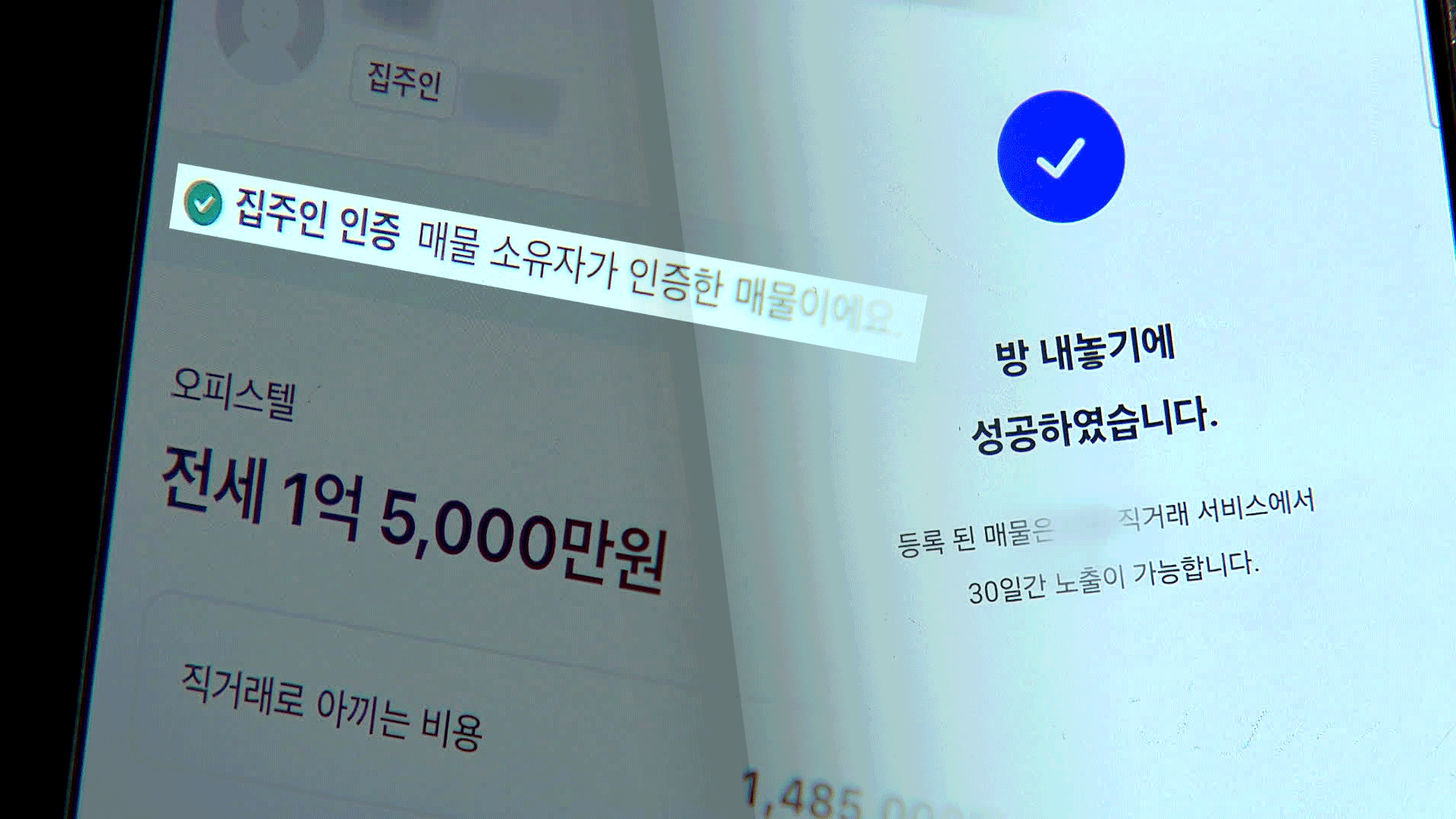
[Anchor]
A couple found a house and moved in through a second-hand trading app, but the person they contracted with was not the actual homeowner.
You need to be careful to avoid such incidents when signing real estate contracts.
Reporter Kim Jeong-dae has the story.
[Report]
Mr. Jang and his wife looked for a house to move into using a second-hand trading app that is convenient and cost-effective.
After viewing suitable listings, they proceeded with a direct transaction.
The homeowner, who was in another region, said it was difficult to meet in person and provided the door access code.
After touring the house, Mr. Jang liked it, and the homeowner introduced a certified real estate agent and signed an electronic contract remotely.
Mr. Jang and his wife transferred about 20 million won, including the deposit, to the homeowner and completed their move.
However, after losing contact with the homeowner, they were able to reach out again through the management office, only to find out that the person who signed the contract was not the actual homeowner.
[Jang ○○/Fraud Victim: "That person, the actual homeowner, said, 'What are you talking about? I am Choi00, and I am the owner of the 00 Mansion.' For an hour, I really couldn't do anything."]
Both the registered homeowner on the app and the real estate agent they dealt with were fake.
The police determined that someone had figured out the door access code for the listed house and committed fraud by targeting the vacant property.
The lax verification process for property ownership on second-hand trading apps was also exploited.
[Park Tae-ho/Real Estate Agent: "There is a system that encourages identity verification, but even without identity verification, (real estate) ads can still be posted."]
The Ministry of Land, Infrastructure and Transport notified platform companies to establish a procedure to verify the relationship between advertisers and property owners earlier this year, but it has been pointed out that it remains at a recommendation level, which has its limitations.
This is KBS News, Kim Jeong-dae.
A couple found a house and moved in through a second-hand trading app, but the person they contracted with was not the actual homeowner.
You need to be careful to avoid such incidents when signing real estate contracts.
Reporter Kim Jeong-dae has the story.
[Report]
Mr. Jang and his wife looked for a house to move into using a second-hand trading app that is convenient and cost-effective.
After viewing suitable listings, they proceeded with a direct transaction.
The homeowner, who was in another region, said it was difficult to meet in person and provided the door access code.
After touring the house, Mr. Jang liked it, and the homeowner introduced a certified real estate agent and signed an electronic contract remotely.
Mr. Jang and his wife transferred about 20 million won, including the deposit, to the homeowner and completed their move.
However, after losing contact with the homeowner, they were able to reach out again through the management office, only to find out that the person who signed the contract was not the actual homeowner.
[Jang ○○/Fraud Victim: "That person, the actual homeowner, said, 'What are you talking about? I am Choi00, and I am the owner of the 00 Mansion.' For an hour, I really couldn't do anything."]
Both the registered homeowner on the app and the real estate agent they dealt with were fake.
The police determined that someone had figured out the door access code for the listed house and committed fraud by targeting the vacant property.
The lax verification process for property ownership on second-hand trading apps was also exploited.
[Park Tae-ho/Real Estate Agent: "There is a system that encourages identity verification, but even without identity verification, (real estate) ads can still be posted."]
The Ministry of Land, Infrastructure and Transport notified platform companies to establish a procedure to verify the relationship between advertisers and property owners earlier this year, but it has been pointed out that it remains at a recommendation level, which has its limitations.
This is KBS News, Kim Jeong-dae.
이 기사가 좋으셨다면
-
좋아요
0
-
응원해요
0
-
후속 원해요
0











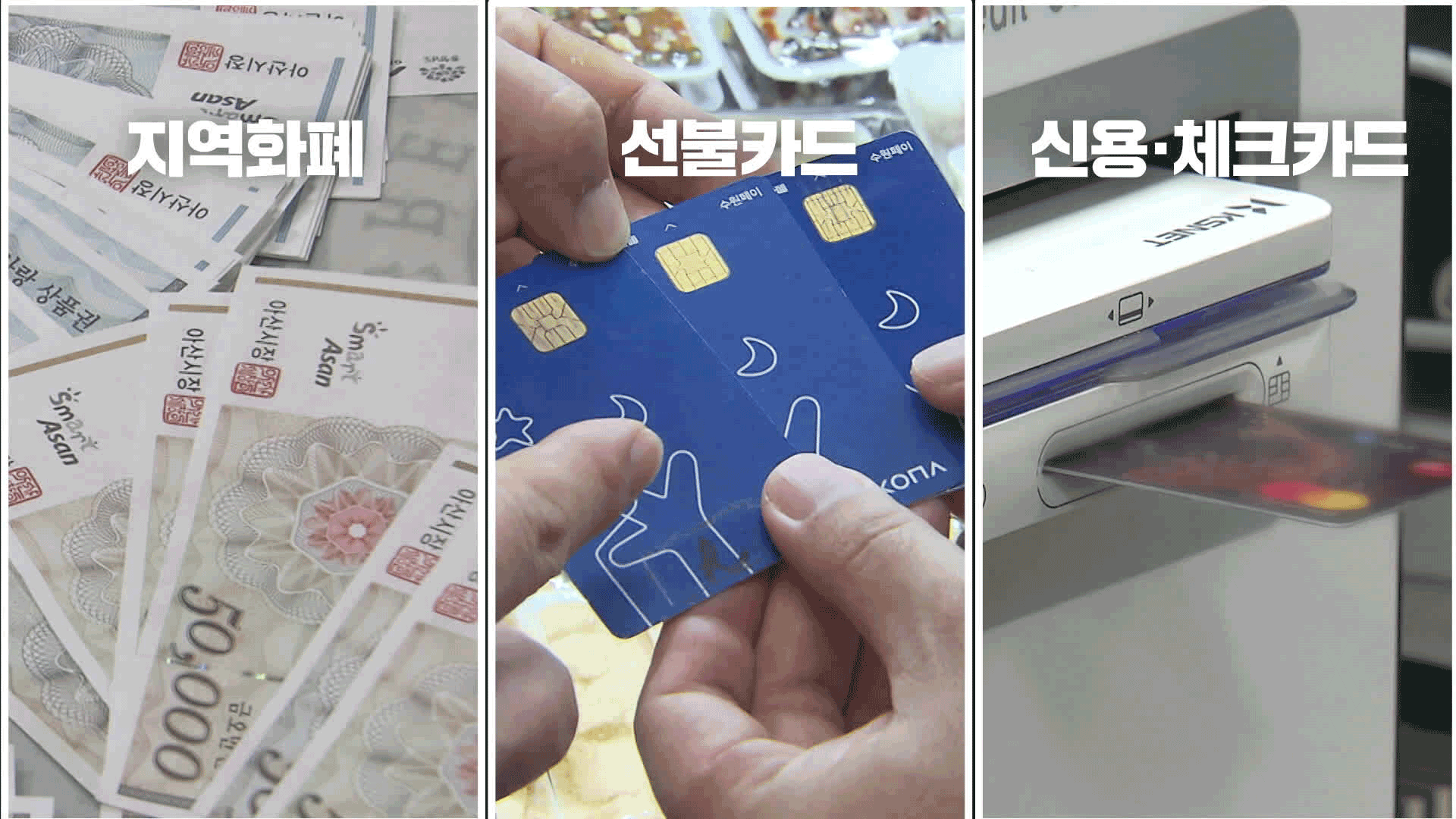
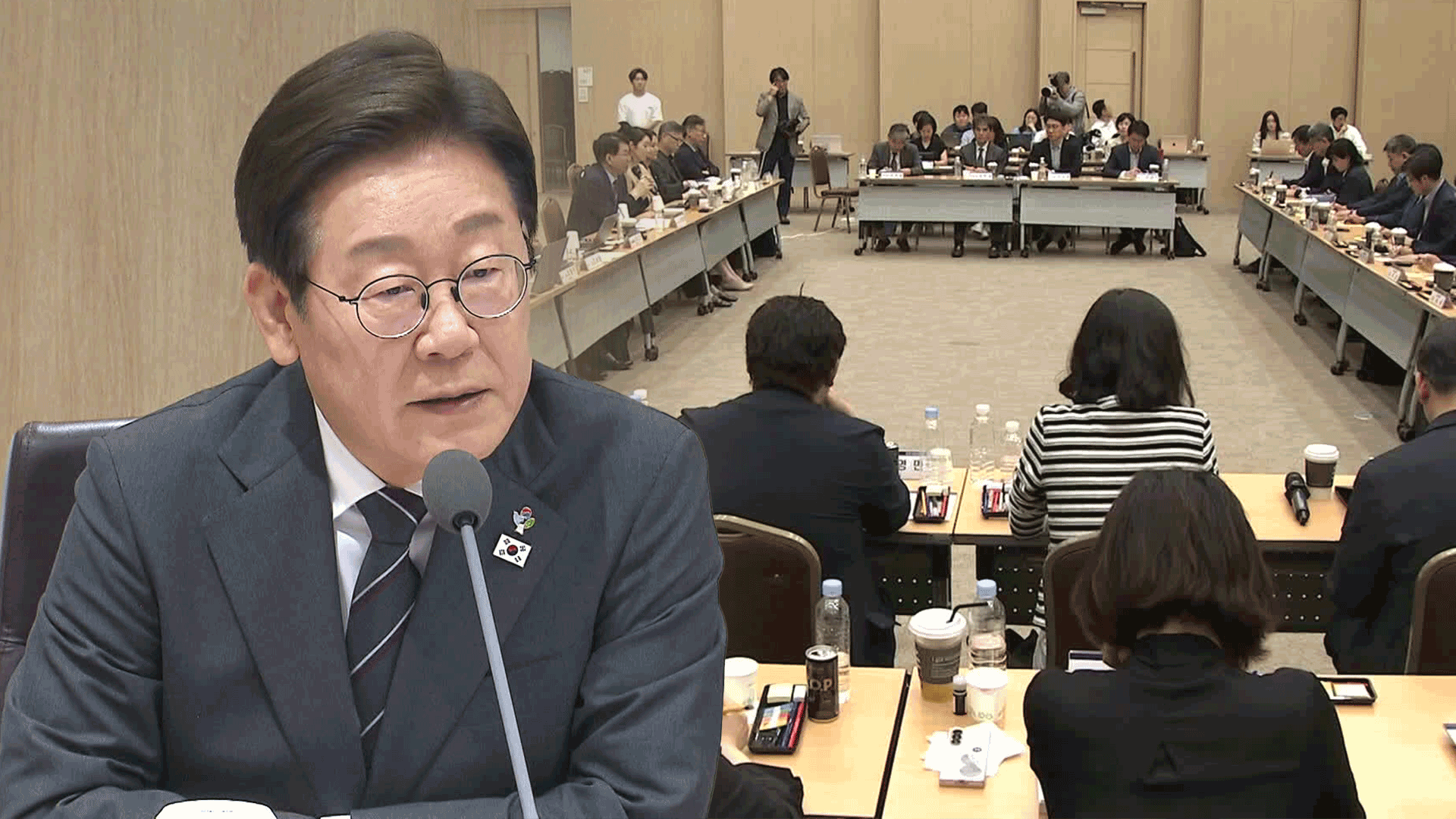
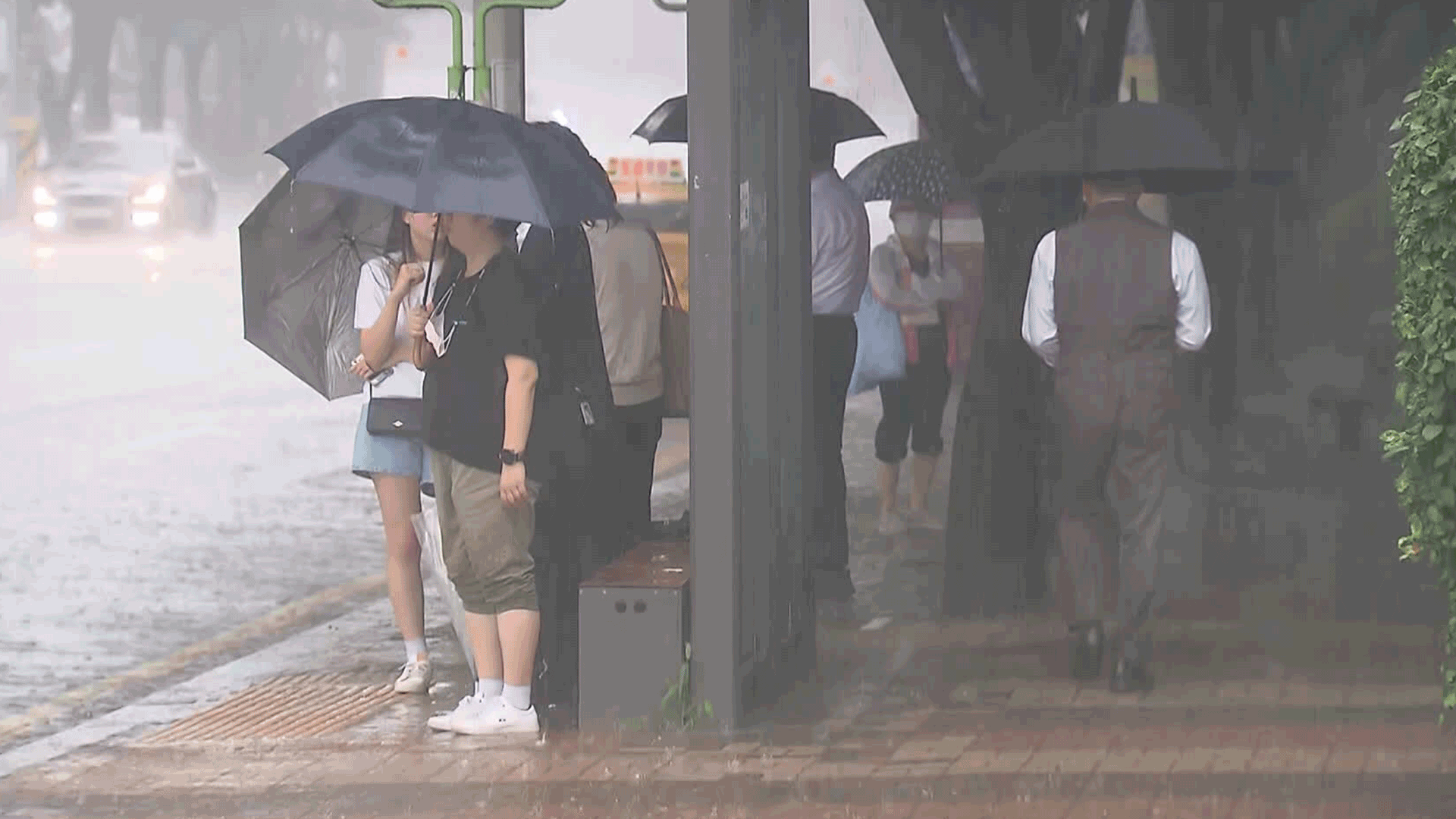
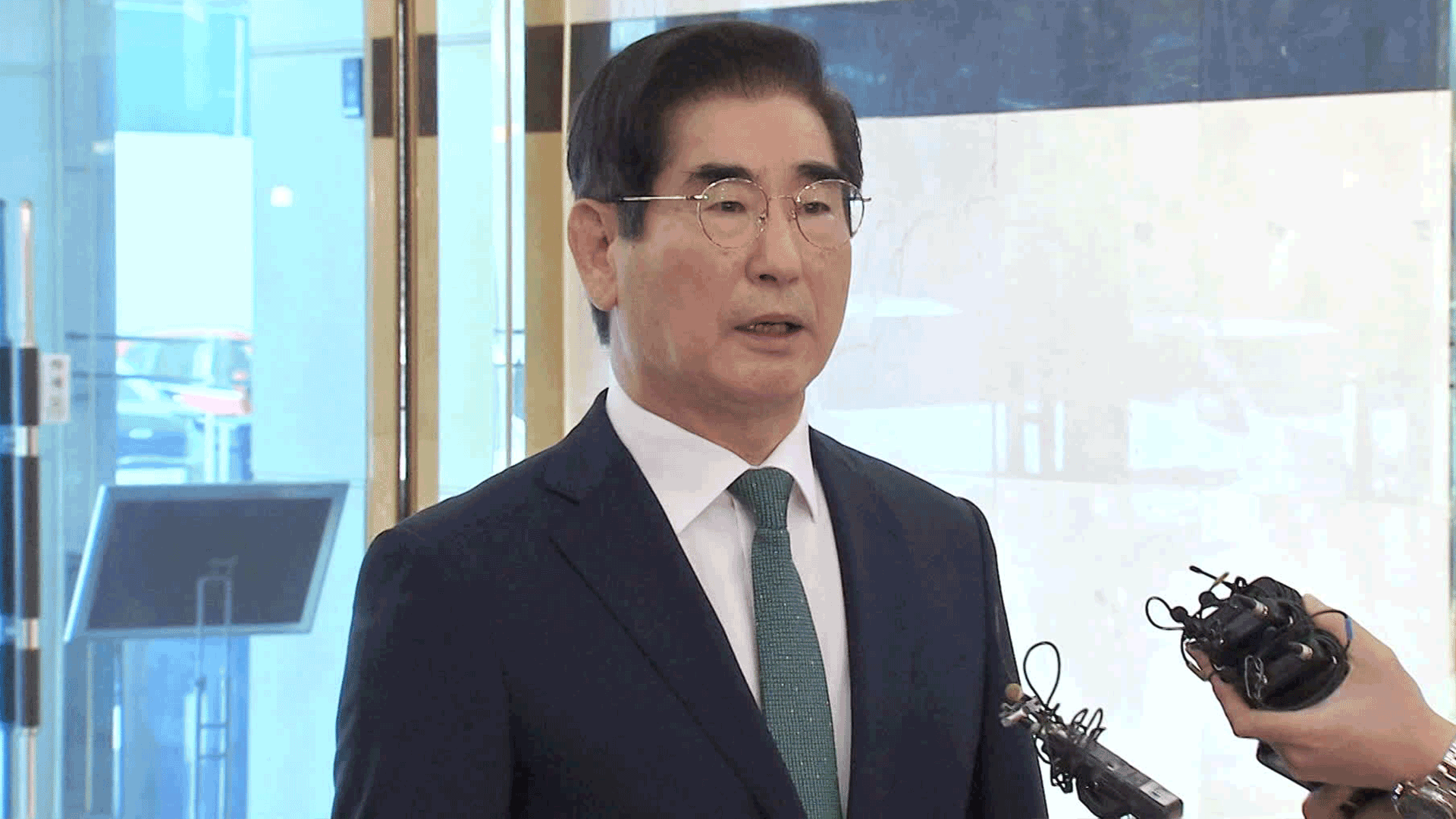

이 기사에 대한 의견을 남겨주세요.